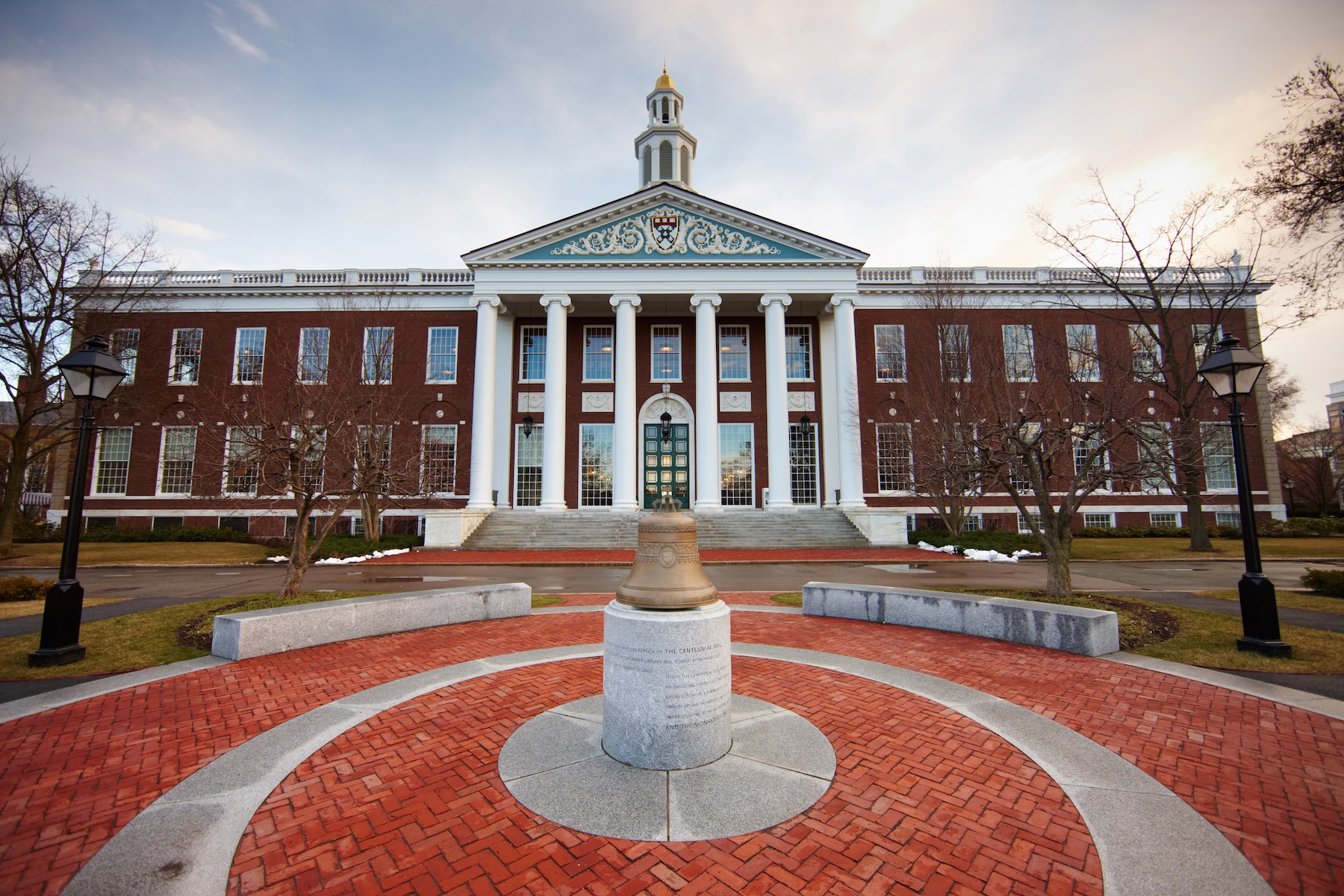Harvard Pushes Back On Trump Administration Demands


Harvard University announced on Monday that it will not accept the Trump administration’s proposed agreement that would condition federal funding on sweeping institutional reforms. The university called the government’s demands an overreach that violates academic freedom and the First Amendment.
Harvard faces an uncertain future with the federal government, which has threatened to withhold nearly $9 billion in research grants and contracts if the school does not meet a list of demands by August 2025. These include eliminating DEI programs, reshaping admissions and hiring based on merit, and implementing viewpoint audits.
“The University will not surrender its independence or relinquish its constitutional rights,” Harvard President Alan Garber wrote in a letter to the community.
Harvard was one of 60 colleges and universities to receive such a letter, but it’s one of the first to publicly challenge the administration.
Related: 30 Most Expensive Colleges and Universities In 2025
The federal government sent a 10-point list of proposed reforms to Harvard, addressing everything from leadership structures to curriculum content. It demands changes to student discipline, mandatory viewpoint diversity audits, an end to DEI programs, and even reviews of faculty ideological balance.
The list also includes strict merit-based standards for admissions and hiring, an audit of departments accused of fostering antisemitic sentiment, and immediate disciplinary action against student protesters involved in encampments or disruptions during the past academic year.
The administration’s proposal would require federal monitors to review Harvard’s compliance through 2028. It also includes requirements for the school to report foreign funding sources and share admissions data broken down by race, test scores, and GPA.
The Trump administration claims the reforms are necessary to restore academic excellence and civil rights enforcement, citing campus antisemitism and what it calls ideological capture by activist faculty.
Harvard has hired outside counsel, including attorneys with past ties to President Trump, to help manage its legal response. In a letter sent to the administration on Monday, the university argued that many of the government demands fall outside its legal authority and infringe on protected speech.
Harvard has acknowledged shortcomings related to antisemitism on campus, and said that the university has already taken meaningful steps over the past 15 months. These include disciplinary actions against disruptive protestors and efforts to broaden viewpoint diversity, which was a key point of a previous Trump Administration executive order.
Still, the university insists that cooperation on these issues must respect the legal limits of federal oversight.
“The administration’s prescription goes beyond the power of the federal government. It violates Harvard’s First Amendment rights and exceeds the statutory limits of the government’s authority under Title VI,” Garber wrote.
Harvard is not alone. Columbia University last month accepted parts of the administration’s demands in an effort to reverse $400 million in frozen funding. Brown, Princeton, Northwestern, and Cornell are among other institutions facing similar scrutiny.
The Harvard chapter of the American Association of University Professors filed a federal lawsuit on Friday, claiming the administration is abusing civil rights laws to impose political viewpoints and restrict academic freedom. The lawsuit argues that the administration is bypassing standard Title VI enforcement processes in favor of broad threats.
Federal intervention has also been criticized as targeting elite academic institutions for political purposes, with critics arguing that the government is using legitimate civil rights concerns as cover for ideological influence.
The administration has set an August 2025 deadline for Harvard to accept and begin implementing reforms. If the university refuses, the government may move forward with defunding efforts, which could disrupt major research initiatives in medicine, engineering, and artificial intelligence.
Harvard has signaled that it is prepared to fight, legally and publicly, for what it calls its institutional integrity.
“Freedom of thought and inquiry… has enabled universities to contribute in meaningful ways to a free society,” Garber wrote. “All of us share a stake in safeguarding that freedom.”
Don’t Miss These Other Stories:

If your bills feel unmanageable, you aren’t alone. Recent reports found that 30% of people are less able to afford bills today than they...

Blog Posts Archives UnfavoriteFavorite February 20, 2026 Financial Security Program A collaboration of Aspen Institute Financial Security Program and the...

Colleges are navigating enrollment pressures, renewed federal oversight, and growing scrutiny around how families finance higher education. This week’s developments...